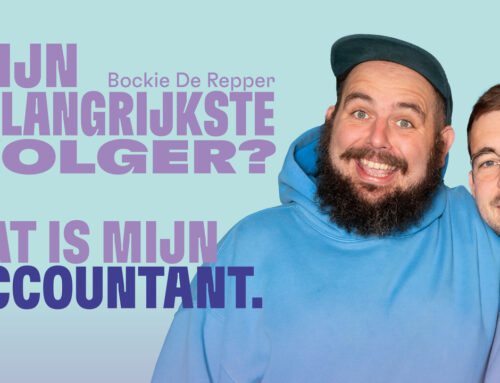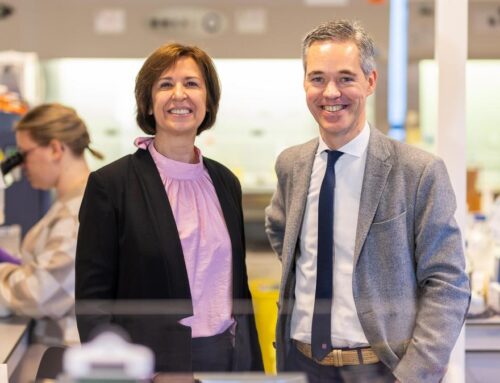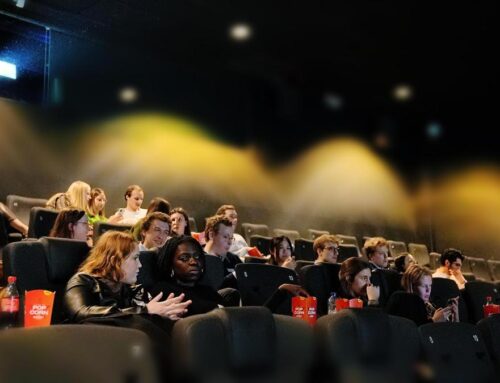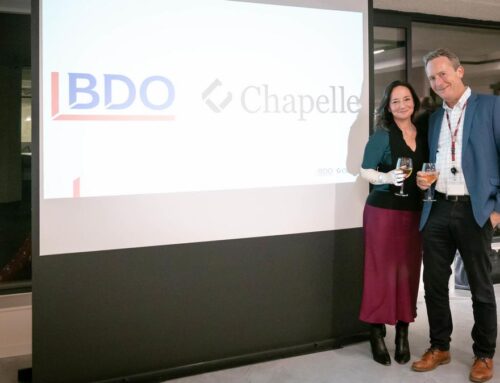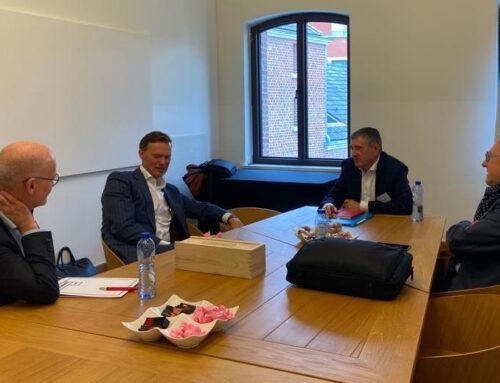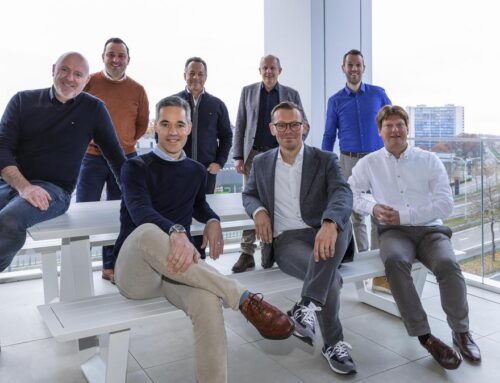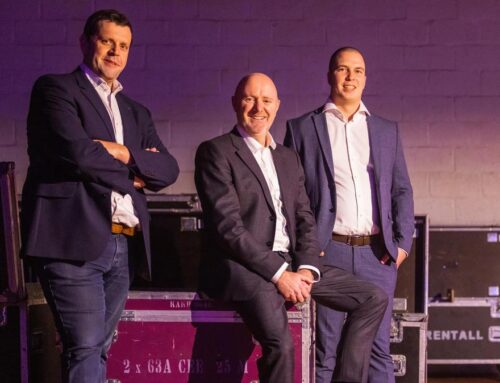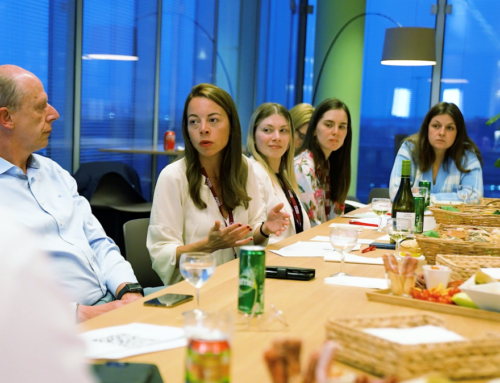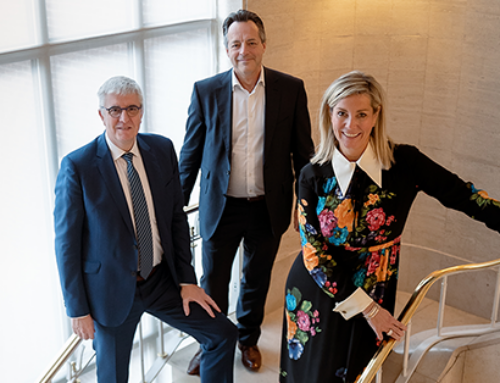Searching for the X factor in tomorrow’s leadership
In a world of exponential change, accelerating digital transformation and the COVID-19 crisis, human connections are an increasingly essential part of leadership. However, many managers struggle to connect deeply with their people and what motivates them. Jan De Schepper, executive director at BDO Digital, and Paul Van Den Bosch, coach to elite athletes, recently co-authored a book that explains how to do things better.
Author: Laurien Van Nieuwenhove, Content Officer BDO Marketing & Communication
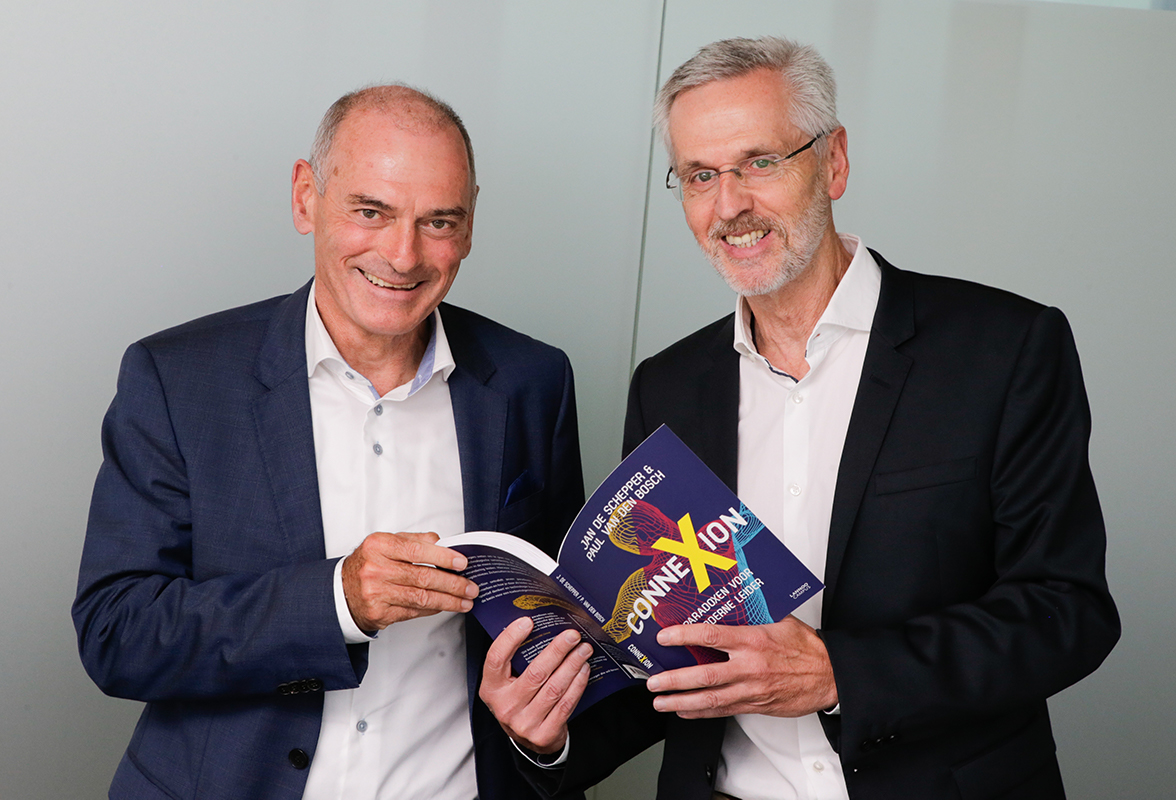
Picture: Jan De Schepper, Partner BDO Digital, Paul Van Den Bosch, coach to elite athletes
Leaders who are aware of their people’s intrinsic motivators will formulate more specifically targeted objectives.
When managers build meaningful relationships, they empower their employees to surpass themselves. In ConneXion: 7 Paradoxes for the Modern Leader, the authors illustrate how to accomplish this, using examples from business and sports. We had a conversation with Jan De Schepper.
The times in which we live are becoming increasingly complex. Technological progress, artificial intelligence, robotisation, globalisation, internationalisation and, most recently, the worldwide COVID-19 pandemic are turning our world upside down. Companies are expected to adapt at the same rate, or even faster. This needn’t be any harder than before, though. “It’s the people themselves who make things complicated, by attempting to control that complexity,” says Jan De Schepper. “Just think of all the KPIs, diagrams and matrices that senior management uses to define a course for the company. Complex may seem smarter, but it actually just makes things harder. That’s no way to make progress. Instead, you must strive for simplicity, engage your employees and connect with them. In addition to an organisational diagram, a sociogram to clarify the connections between people is just as vital.”
Connections add value
This has become especially clear in recent months. Due to COVID-19, suddenly we were all stuck at home. Fearing isolation, our brains searched for ‘relatedness’. Connection and a feeling of ‘belonging’ became a survival mechanism. This led to a flood of conference calls and meetings between colleagues. However, team spirit alone will not suffice to keep your employees motivated and productive. You cannot have a strong team unless the members are giving all they’ve got (SURFA). “At BDO, this priority is embedded in its very credo: ‘Let’s grow. Together.’ Without committed employees, your company’s productivity will go down. Once that happens, it’s only a matter of time before you lose your employees.”
So, go back to basics, but not necessarily by slowing down. On the contrary, says Jan De Schepper, most companies could stand to speed up a bit more often. “New trends arrive hot on each other’s heels, but you don’t have to jump on each one immediately. When you understand the underlying factors (‘sense making’), you can respond flexibly to future developments. In this way, you can deliver solutions to your customer quickly without sacrificing quality.”
Furthermore, many companies continue to exhibit a classic silo structure. Though hierarchy can offer clarity, it also makes it harder to combine valuable competences, slowing you down. An organisation isn’t built on silos alone; focus is required as well. Jan De Schepper advocates more cross-pollination. To that end, he has developed the MISSA formula, which goes beyond a simple addition of ICT tools.
Human effort hinges on cooperation, allowing it to exceed the sum of its parts. It is up to the ‘ConneXion’ leader to connect different ‘business practices’ in order to add value. However, not every connection is equally valuable. Jan De Schepper distinguishes three levels of connection. The higher the level, the higher your impact, and the easier management duties become.
“New trends arrive hot on each other’s heels, but you don’t have to jump on each one immediately.”
The winner effect
It is only at the third level that your results will create the ‘winner effect’. “That generates dopamine, ‘candy for our brain’, which acts as a motivator. After all, people like rewards,” explains Jan De Schepper. “The winner effect also helps to connect people; leaders who are aware of their people’s intrinsic motivators will formulate more specifically targeted objectives. These will be challenging, but doable. They know who to deploy in which situations for optimal results. They apply pressure efficiently to create drive, do more with less and get the best out of their employees. That way, both the employees and the organisation grow. Only a ConneXion leader can supply this ‘cross-functional strength’.”
Jan De Schepper ends our conversation with a sports reference. “Connection is accomplished at the highest level. This is connecting with impact. Those who were already investing heavily in the connections within their organisation before the COVID-19 crisis are the ones who are currently experiencing the fewest problems. Every pandemic will come to an end eventually, just as a football match is over after 90 minutes. However, training – and connections – never end.”

